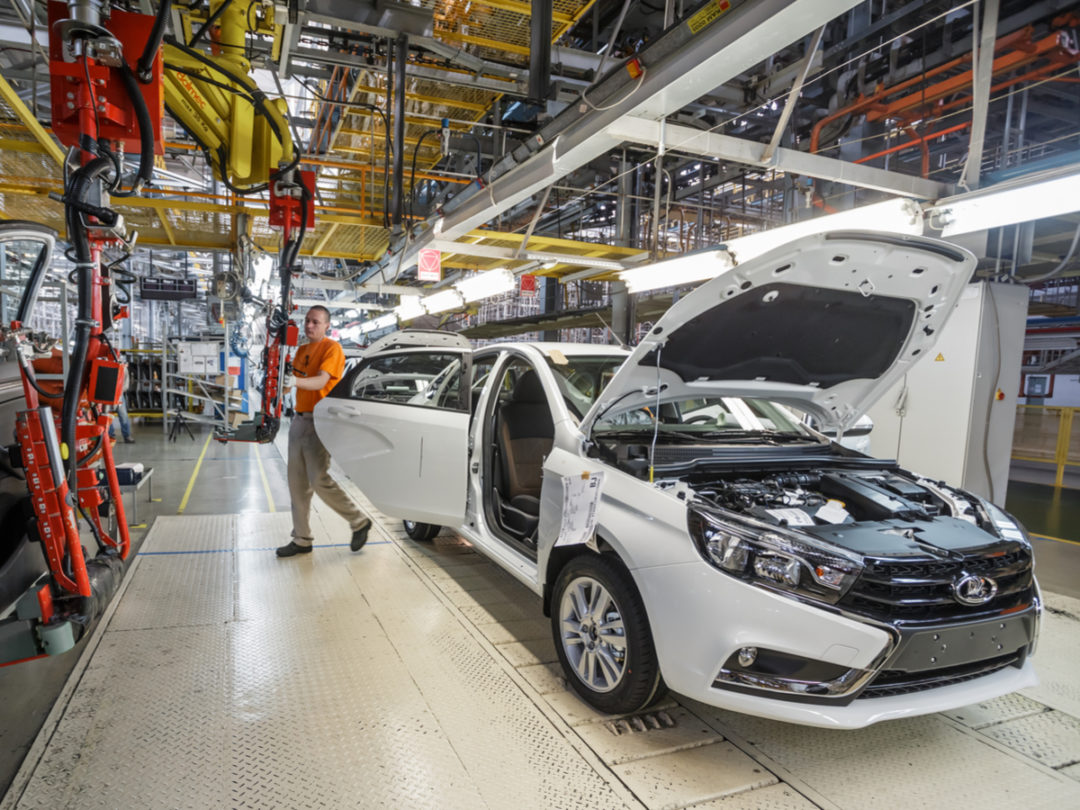
Visit Our Sponsors |
|
|
|
|
|
|
|
|
|
|
|
|
|
|
|
|
|
|
|
|
|
|
|
|
|
|
|
|
|
|
|
|
|
|
|
|
|
|

Earlier this year, when the British government’s assessments of the economic impact of Brexit were finally published, they revealed that the north-east of England was at risk of the deepest damage. Although the region still bears scars from the decline of heavy industry in the 1980s, today the north-east is the only part of Britain that exports more to European countries than it imports. And, amid the region’s new and rebuilt industries, such as pharmaceuticals, the most significant engine of recovery has been Nissan, the Japanese carmaker, which is housed in a giant factory complex just off the A19 at Washington, near Sunderland.
The plant was opened with great ceremony by Margaret Thatcher in 1986. Sharon Hodgson, now Labour MP for Washington and Sunderland West, which includes the plant, remembers that as a teenager, she was amazed when it was announced that Nissan would be setting up there. “Growing up in the north-east then, we had seen everything close — the mines, the shipyards, so many people put out of work. It was the cruellest, most awful time,” she said. “As a young woman, I remember the feeling of hope and optimism when Nissan came, the shock and surprise that we were actually going to get something.”
Since then, Nissan’s operation has expanded to cover a 800-acre site, running two production lines that produce 519,000 cars per year — about 55 percent for export to other EU countries. According to the company’s most recent annual report, for 2016-17, Nissan’s U.K. operation generated £6.4bn from sales, employed 7,755 people and paid these workers, mostly living in the north-east, £427m in wages. Companies supplying parts to Nissan employ a further 30,000 people across Britain.
“Nissan hasn’t been able to bring full recovery to the area; decline and deprivation are still prevalent,” said Hodgson. “But they are a massive employer, providing good jobs, including the supply chain which is so important. You have father and son working there now, a real sense of pride, and that productivity and quality is why it has been so successful.”
Yet today, there is serious concern at Nissan that Brexit threatens to damage its operation in Sunderland. The clearest explanation of how its U.K. business depends on EU membership was provided in February 2017 by Nissan executive Colin Lawther, appearing before parliament’s international trade committee. Lawther, a chemist by training, began his career with Nissan in 1985, as one of the key workers responsible for setting up the laboratory operation in the Sunderland plant. He went on to become Nissan Europe’s senior vice-president for manufacturing, purchasing and supply-chain management, before retiring earlier this year.
RELATED CONTENT
RELATED VIDEOS
Timely, incisive articles delivered directly to your inbox.






